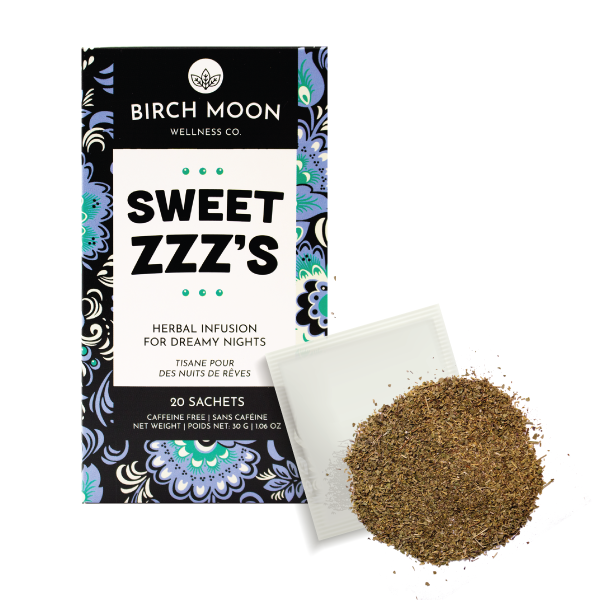Chamomile, a flowering plant from the Asteraceae family, has captivated humanity for centuries with its calming aroma and remarkable medicinal properties. This article delves into the rich history of chamomile, explores its therapeutic benefits supported by scientific research, and highlights the importance of consulting healthcare professionals for personalized guidance.
The Fascinating History of Chamomile
Chamomile's use as a medicinal herb dates back thousands of years. Ancient Egyptians revered chamomile for its healing properties and associated it with the sun god, Ra. Throughout history, various cultures, including the Greeks, Romans, and Native Americans, have embraced chamomile as a remedy for diverse ailments.
Chamomile Varieties
There are two primary types of chamomile utilized for their therapeutic properties: German chamomile (Matricaria chamomilla) and Roman chamomile (Chamaemelum nobile). German chamomile is more commonly used in herbal remedies, while Roman chamomile is often employed in essential oils.

Calming Effects and Sleep Enhancement
Chamomile is renowned for its ability to induce relaxation and improve sleep quality. Studies have shown that chamomile contains compounds such as apigenin and bisabolol, which exert a sedative effect on the central nervous system. Drinking chamomile tea before bedtime has been found to alleviate insomnia symptoms and promote restful sleep.
Mental Health Benefits
Chamomile has exhibited potential in reducing anxiety and depressive symptoms. Its calming properties can soothe the mind and promote a sense of tranquility. Several studies have demonstrated the anxiolytic effects of chamomile, making it a promising option for managing stress and mood disorders.
Skin Care and Topical Applications
Chamomile's anti-inflammatory and antioxidant properties make it a valuable ingredient in skincare products. It can alleviate skin irritations, accelerate wound healing, and soothe conditions such as eczema and dermatitis. Chamomile extracts are often found in creams, ointments, and essential oils designed for topical application.
Gastrointestinal Relief
Chamomile has long been recognized for its ability to aid digestion and alleviate gastrointestinal discomfort. It helps relax the muscles in the digestive tract, reducing spasms, cramps, and bloating. Consuming chamomile tea or supplements may provide relief for common digestive issues.

Anticancer Potential
While further research is required, initial studies suggest that chamomile may possess anticancer properties. Chamazulene, a compound found in chamomile, has exhibited potential antitumor effects in certain cancer cell lines. However, more studies are needed to fully understand its mechanisms of action and its potential in cancer treatment.
Precautions and Allergies
While chamomile is generally safe for most individuals, it is crucial to exercise caution, particularly if you have known allergies or medical conditions. Some individuals may experience allergic reactions to chamomile, especially if they are allergic to plants in the Asteraceae family, such as ragweed. It is advisable to consult a healthcare professional before incorporating chamomile products into your regimen.
Chamomile, with its soothing aroma and extensive health benefits, has stood the test of time as a revered herbal remedy. From promoting restful sleep to calming anxiety and improving digestion, chamomile continues to capture the interest of researchers and health enthusiasts alike. Remember, while the potential benefits of chamomile are promising, it is always wise to consult with healthcare professionals or practitioners to obtain personalized health information tailored to your specific needs and circumstances.
Note: This article serves as a general informational guide





